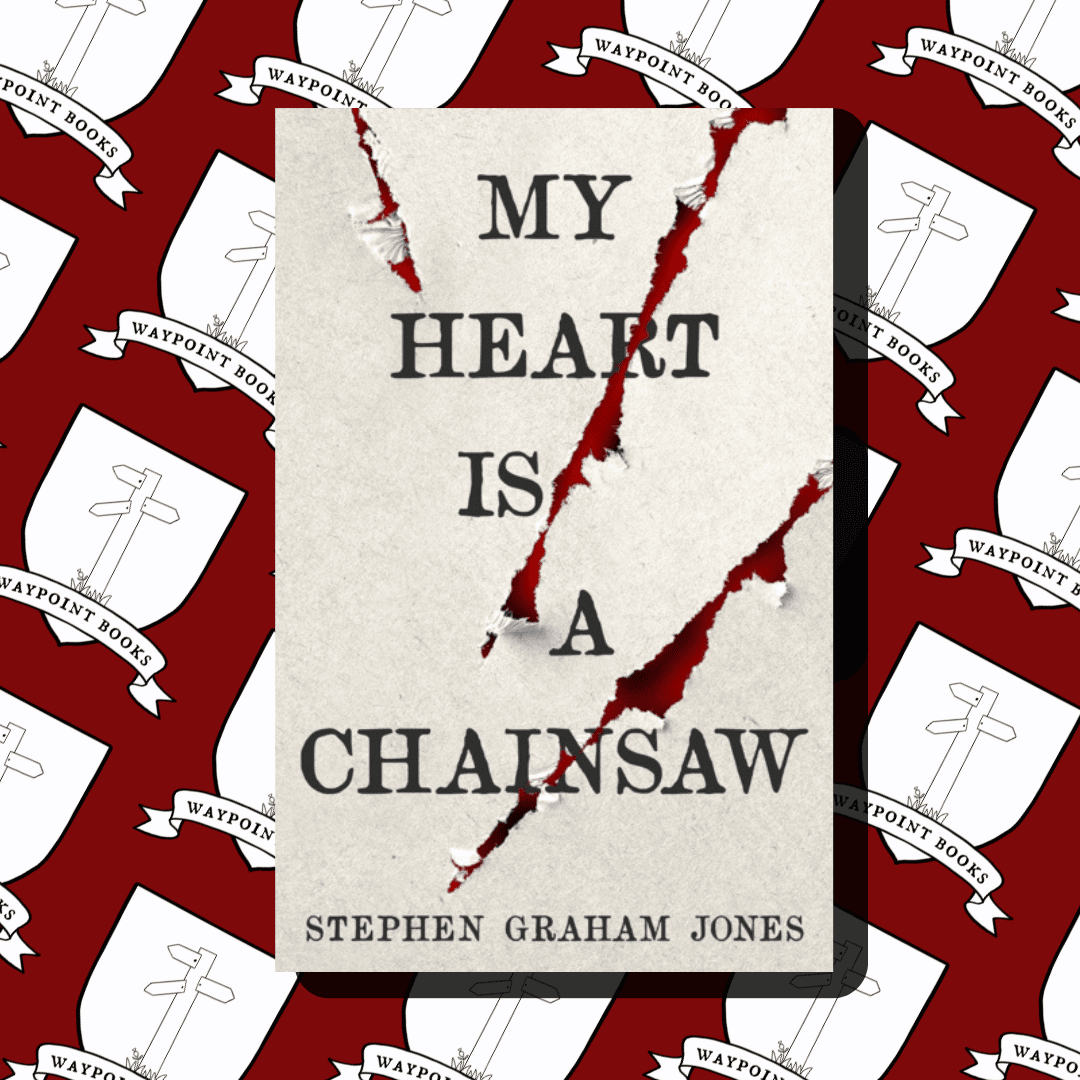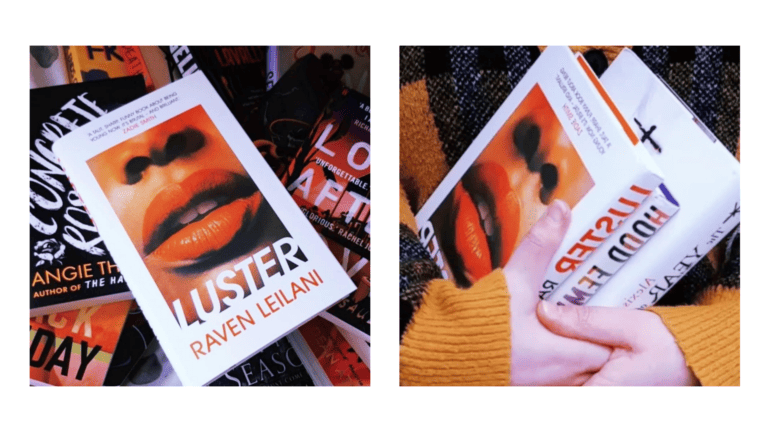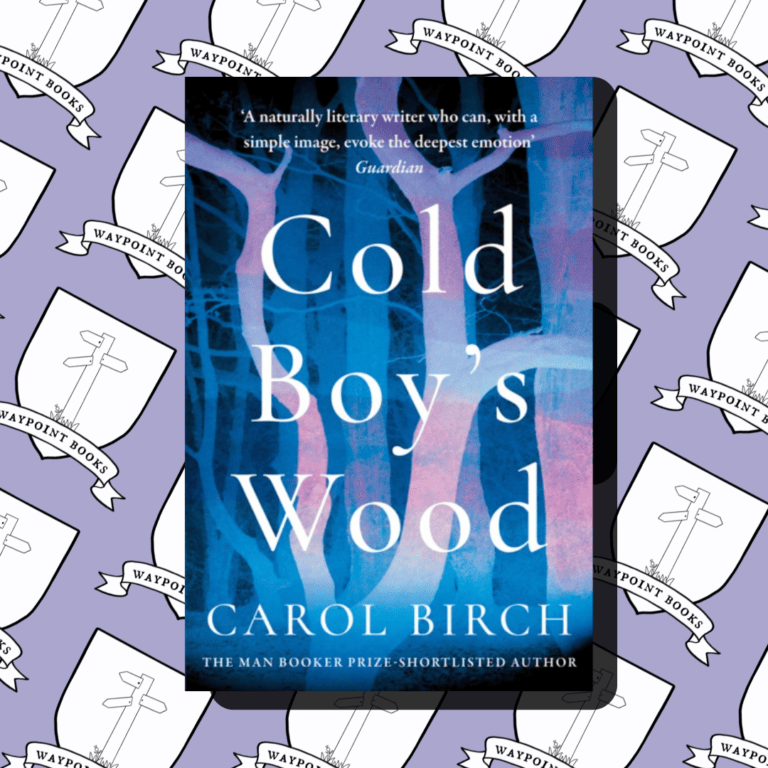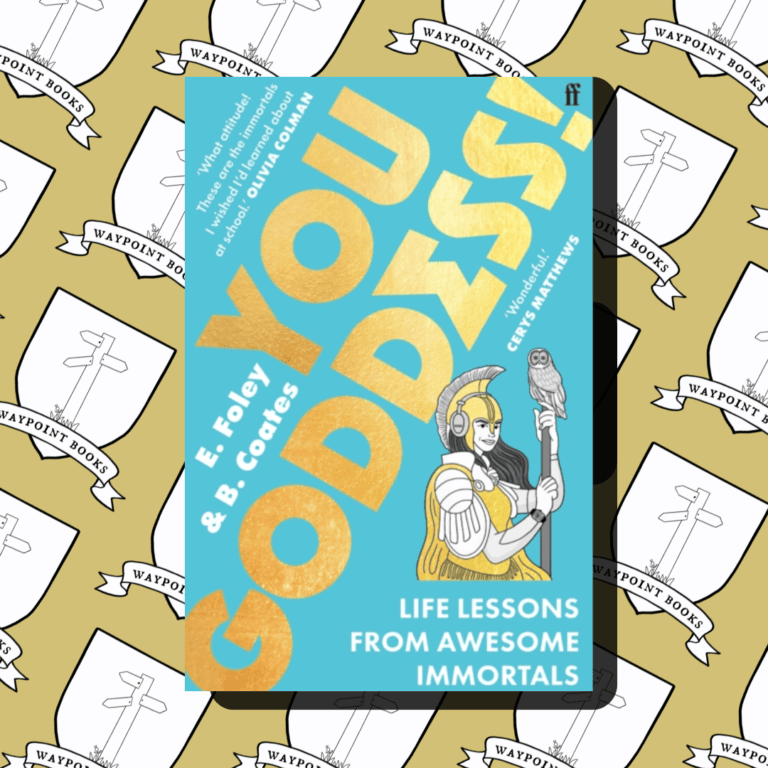My Heart is a Chainsaw by Stephen Graham Jones
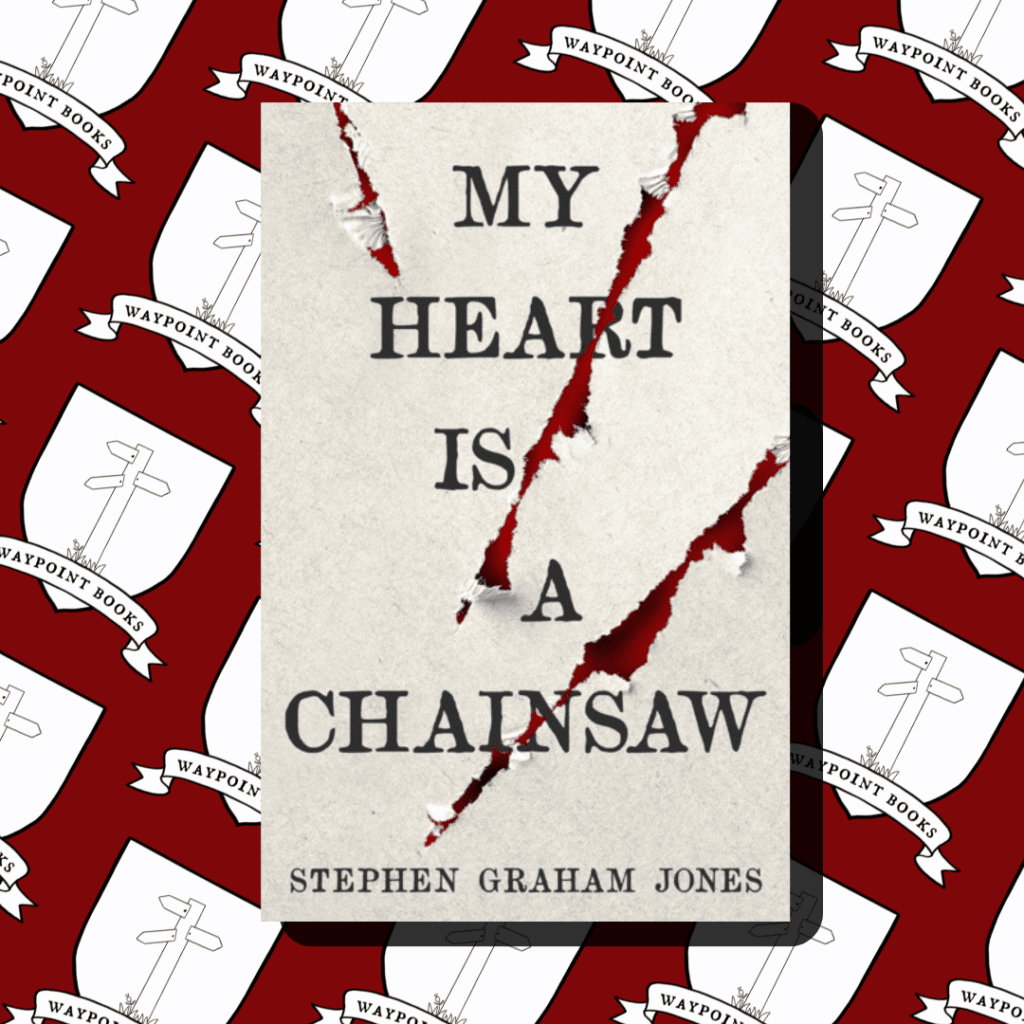
Synopsis:
In her quickly gentrifying rural lake town Jade sees recent events only her encyclopedic knowledge of horror films could have prepared her for
Jade Daniels is an angry, half-Indian outcast with an abusive father, an absent mother, and an entire town that wants nothing to do with her. She lives in her own world, a world in which protection comes from an unusual source: horror movies…especially the ones where a masked killer seeks revenge on a world that wronged them. And Jade narrates the quirky history of Proofrock as if it is one of those movies. But when blood actually starts to spill into the waters of Indian Lake, she pulls us into her dizzying, encyclopedic mind of blood and masked murderers, and predicts exactly how the plot will unfold.
Yet, even as Jade drags us into her dark fever dream, a surprising and intimate portrait emerges… a portrait of the scared and traumatized little girl beneath the Jason Voorhees mask: angry, yes, but also a girl who easily cries, fiercely loves, and desperately wants a home. A girl whose feelings are too big for her body.
My Heart Is a Chainsaw is her story, her homage to horror and revenge and triumph.
Trigger Warnings:
Sexual Assualt/Sexual Abuse, Gore, Blood, Violence, Murder, Self-harm, suicide/suicide ideation, mental health.
“stab, stab, stab. Jade jams the sharp end of her litter stick into a styrofoam cup and imagines the cup writhing, moaning, begging for mercy.”
Stephen Graham Jones, My Heart is a Chainsaw
Stephen Graham Jones is the literary equivalent of Wes Craven, and I mean that with my whole heart. I read My Heart is a Chainsaw the day after I finished The Last Final Girl, and whilst I still have Only Good Indians left to read, I’ve no doubt I’ll love that book too. What Jones doesn’t know about slasher films isn’t worth knowing, and the true joy of this slasher horror in particular is the knowledge that it must have been so fun to write.
Our main character Jade (not Jennifer) comes from a broken home. Stuck with her abusive drunk of a father, she’s desperate to escape into her 70s and 80’s slasher films and the wonder of the revenge plot. So when bodies start dropping in Proofrock, each more bloody than the last, she believes her slasher has finally arrived. All she needs now is the final girl. Enter stage left – Letha Mondragon. Letha is beautiful, sympathetic and pure – she’s everything a final girl should be, and Jade becomes fixated on the idea she has to prepare Letha for her final girl role. However, the other townsfolk do not make this easy for her; and it was interesting to see the surreal slasher experience through the lens of those who don’t/can’t believe.
Jade’s outsider status is consistent and fraught, and there are references to sexual assault that readers should be wary of. It colours all of her actions and isolates her from those who could help and protect her. ‘Adults and police are basically useless,’ Jade chastises at one point, though in reference to Friday the 13th and Halloween. My favourite character by far was the History teacher, Mr Holmes, who tries to coax Jade through her last assignment before she’s kicked out of high school. He genuinely seems to care for Jade, and I love any example of good teachers in fiction. They should be championed more.
I did, however, find the plot a bit meandering. Jade often gets lost in a whirlpool of her own knowledge, second-guessing and hypothesising about all the potential killers. Whilst it did add to the intrigue, because of certain reveals which I won’t spoil here, I did find it frustrating that there were loads of potential setups that just weren’t paid off – but also weren’t red herrings either. You’ll have to read it to understand what I mean there. And read it you should, not only because it’s always great to rep a BIPOC novel on your shelves, but because the writing is so authentically fangirling over the genre.
When I made the comparison to Wes Craven, it wasn’t just because he’s a giant of the genre. But because Craven was known to create tropes in one franchise, which he then countered or mocked in the next. Scream may have been a culmination of all those tropes in the form of homage, but it was also a deconstruction of his earlier works. He’s often seen as the creator of ‘adults are useless,’ ‘decoy protagonist,’ and – of course – ‘the final girl.’ And maybe it’s because I read two of Jone’s works back to back – but the meta response to final girls in The Last Final Girl feels transported and deconstructed in My Heart is a Chainsaw. Jade understands the tropes she’s following, almost wills them into existence, and yet never centres herself in the story. She wants to explore a slasher, but she also wants to live. And I loved that.
Would absolutely recommend it to fans of The Murder of Graham Catton, Wes Craven and classic horror. Do not read after dark. Or do. I don’t make the rules.

